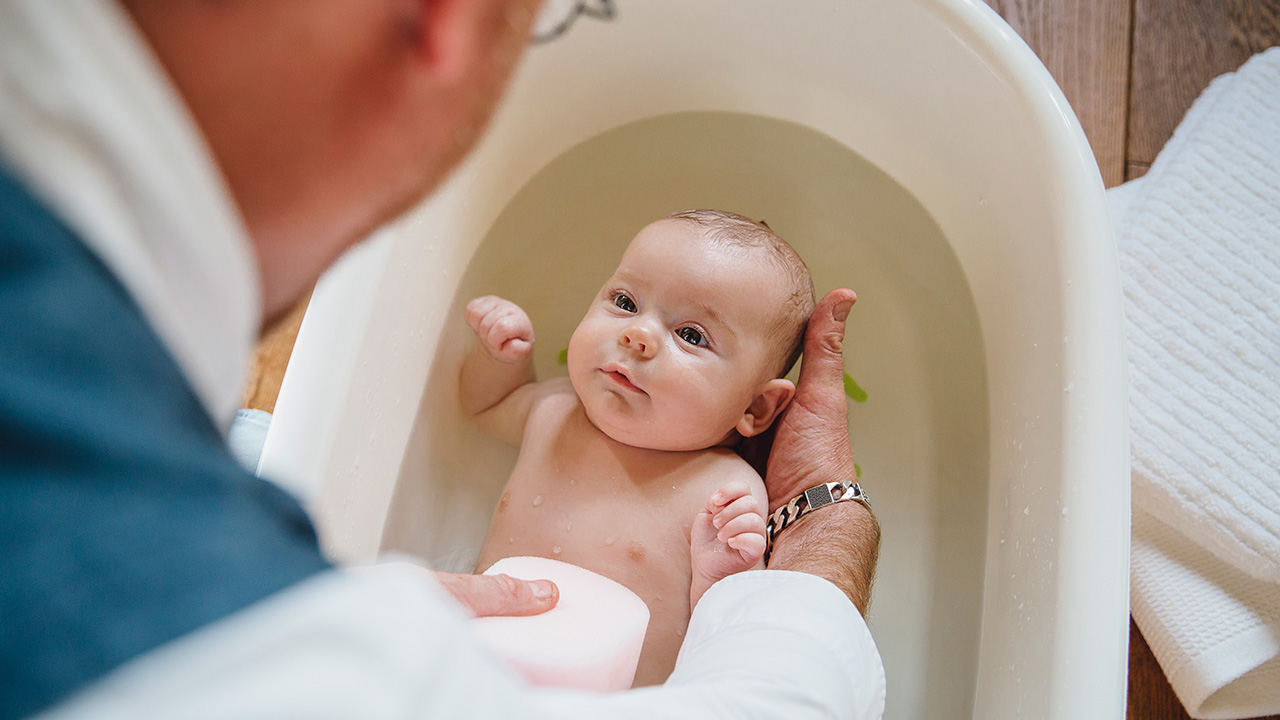
Babies’ Health Care: A Comprehensive Guide for Parents
Introduction
The arrival of a new baby is a joyous occasion, but it also brings with it a myriad of responsibilities, including ensuring the baby’s health and well-being. Babies’ health care is paramount, as it lays the foundation for their future physical, mental, and emotional development. This comprehensive guide will provide parents with essential information on all aspects of babies’ health care, from prenatal care to the toddler years.
Prenatal Care
Prenatal care is crucial for ensuring a healthy pregnancy and baby. It involves regular checkups with a healthcare provider, who will monitor the mother’s health, track the baby’s growth and development, and provide guidance on nutrition, exercise, and lifestyle choices. Prenatal care also includes screening tests to detect potential health issues in the baby, such as Down syndrome and neural tube defects.
Birth and Postpartum Care
The birth of a baby is a transformative experience for both the mother and the child. After delivery, the baby will undergo a series of tests to assess their health, including an Apgar score, which measures their heart rate, breathing, muscle tone, reflexes, and color. The mother will also receive postpartum care to ensure her recovery and address any potential complications.
Well-Baby Checkups
Well-baby checkups are essential for monitoring a baby’s growth and development. These checkups typically occur at regular intervals during the first year of life, and they include:
- Physical examination: The healthcare provider will check the baby’s weight, height, head circumference, and overall physical health.
- Developmental assessment: The healthcare provider will assess the baby’s motor skills, cognitive abilities, and social development.
- Immunizations: Babies receive a series of immunizations to protect them from preventable diseases, such as measles, mumps, rubella, and polio.
- Nutritional guidance: The healthcare provider will provide guidance on feeding the baby, including breastfeeding, formula feeding, and introducing solid foods.
Common Childhood Illnesses
Babies are susceptible to a variety of common childhood illnesses, such as:
- Colds and flu: These viral infections cause symptoms such as runny nose, cough, and fever.
- Ear infections: These bacterial infections cause pain, fever, and hearing loss.
- Bronchitis: This inflammation of the bronchial tubes causes coughing, wheezing, and difficulty breathing.
- Pneumonia: This infection of the lungs causes fever, cough, and difficulty breathing.
- Gastroenteritis: This inflammation of the stomach and intestines causes vomiting, diarrhea, and dehydration.
When to Seek Medical Attention
Parents should seek medical attention for their baby if they notice any of the following symptoms:
- Fever: A temperature of 100.4 degrees Fahrenheit or higher.
- Persistent crying: Crying that cannot be soothed or that lasts for more than three hours.
- Difficulty breathing: Rapid or shallow breathing, wheezing, or grunting.
- Vomiting or diarrhea: Persistent vomiting or diarrhea can lead to dehydration.
- Skin rash: A rash that is red, swollen, or painful.
- Unusual behavior: Changes in behavior, such as lethargy, irritability, or confusion.
Emergency Situations
In some cases, babies may require emergency medical attention. Parents should call 911 or take their baby to the nearest emergency room if they experience any of the following symptoms:
- Choking: The baby is unable to breathe or make any sound.
- Seizures: Uncontrolled jerking or shaking movements.
- Head injury: A fall or blow to the head that causes loss of consciousness or vomiting.
- Severe burns: Burns that cover a large area of the body or that are deep.
- Poisoning: Ingestion of a poisonous substance.
Home Care for Babies
In addition to regular checkups and medical care, parents can provide essential home care for their babies, including:
- Feeding: Breastfeeding or formula feeding the baby according to their needs.
- Diapering: Changing the baby’s diaper frequently to prevent diaper rash.
- Bathing: Bathing the baby regularly to keep them clean and comfortable.
- Sleep: Ensuring the baby gets enough sleep in a safe and comfortable environment.
- Safety: Taking precautions to prevent accidents, such as using a car seat and baby-proofing the home.
Conclusion
Babies’ health care is a multifaceted and ongoing process that requires attention to both physical and developmental needs. By following the guidance provided in this comprehensive guide, parents can ensure that their babies receive the best possible care and lay the foundation for their future health and well-being. Remember to consult with your healthcare provider regularly for personalized advice and support.
